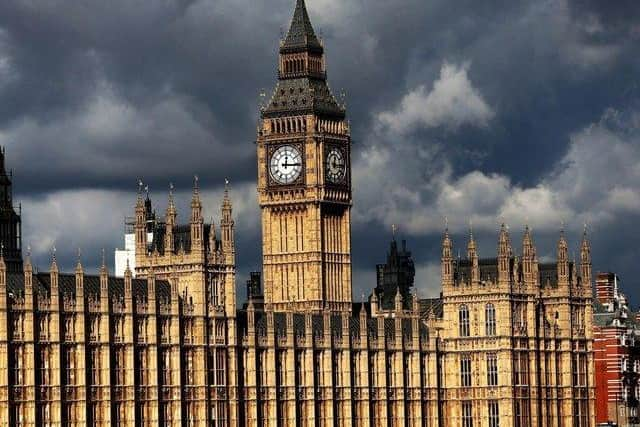Debate provides platform for MPs who believe loan charge is a fiasco: Greg Wright
It’s a question that haunts me whenever I write about the loan charge, a tax policy which has been linked with a number of suicides. This policy – which was even described as “controversial” in the Government press release to accompany the Morse review into the loan charge – is due to be debated in the House of Commons on January 18, after a Parliamentary group with 255 members called on the Government to find a “fair resolution” and reduce the risk of further suicides. The loan charge targeted tax avoidance schemes that sought to avoid income tax and National Insurance contributions by paying earnings in the form of loans. The Government has stressed that “significant changes” were made to the loan charge following Lord Morse's review in 2019. However, the members of the Loan Charge & Taxpayer Fairness All Party Parliamentary Group (APPG) still believe the policy is flawed and punitive.
Many people who have contacted me about the loan charge said they effectively had no choice; they had to sign up to these schemes in order to be paid. Others questioned the people behind them and were told they were 'QC approved' and 'HMRC compliant'. In short, many of the people facing life-changing bills due to the loan charge didn't intend to avoid their responsibilities as taxpayers.
Advertisement
Hide AdAdvertisement
Hide AdTo quote Sarah Gabbai, the corporate tax lawyer, who said on social media site ‘X’: “The loan charge does not require proof of motive or intent, unlike theft. It ensnares people into being “guilty” of tax avoidance when in reality they were trying to do the right thing. Therein lies the cruelty.”


In a letter sent to Nigel Huddleston, Financial Secretary to the Treasury, the APPG said it was time that the Government admitted that the loan charge had been a wholesale policy failure.
The letter states: “A fair resolution to the loan charge is required - something that is backed by many professionals in the sector as well as those impacted by the loan charge. HMRC themselves know that there will be grave consequences if they seek to enforce the loan charge in the 40,000 unresolved cases. HMRC are themselves in a seriously problematic situation and a resolution would also allow them to move on.”
HMRC says it takes the wellbeing of all taxpayers very seriously. Taxpayers are supported by trained advisers who, where appropriate, also encourage them to contact organisations such as Samaritans or Mind for specialised help.
Advertisement
Hide AdAdvertisement
Hide AdA spokesman told me recently: “We never forget that there’s a human story behind every unpaid tax bill. No-one is more aware of that than our settlement teams, who have supported more than 20,000 customers to settle their use of disguised remuneration schemes. This has secured more than £3bn for the UK’s essential public services.”
The planned debate on the loan charge provides a platform for the members of the APPG, who have described the policy as nothing short of a fiasco. There is compelling evidence that it is continuing to cause “serious distress” to law-abiding people, more than four years after the completion of a review which aimed to bring the loan charge into line with the wider tax system.
Greg Wright is deputy business editor of The Yorkshire Post
Comment Guidelines
National World encourages reader discussion on our stories. User feedback, insights and back-and-forth exchanges add a rich layer of context to reporting. Please review our Community Guidelines before commenting.